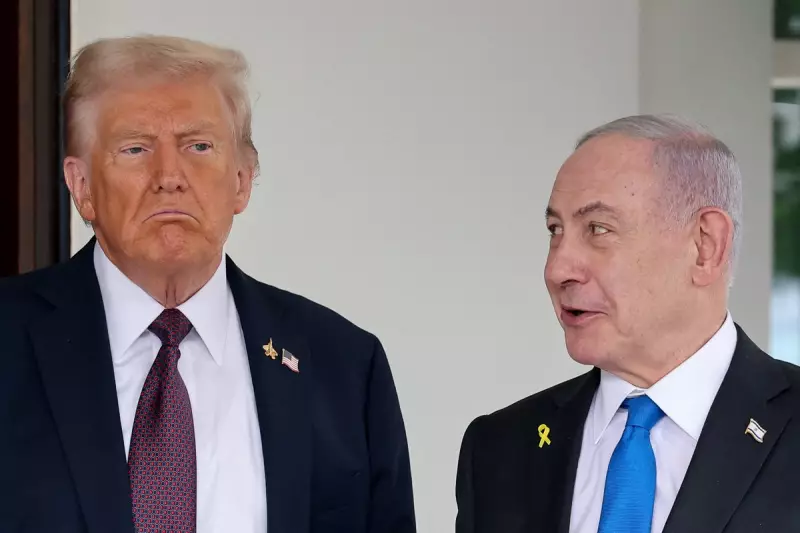
In a significant diplomatic encounter that could reshape Middle Eastern politics, former US President Donald Trump hosted Israeli Prime Minister Benjamin Netanyahu for a crucial private meeting. The discussion comes at a delicate moment for both leaders, with Netanyahu facing domestic political challenges and Trump positioning himself for a potential 2024 presidential run.
Strategic Timing and Global Implications
The meeting between these two conservative heavyweights arrives as multiple international crises converge. Sources close to both camps indicate the agenda included:
- Growing concerns about Iran's nuclear programme and regional aggression
- Potential normalisation agreements between Israel and Saudi Arabia
- Ongoing security cooperation and military assistance
- The future of the Abraham Accords and expansion possibilities
Political Calculations on Both Sides
For Netanyahu, the meeting represents a valuable opportunity to demonstrate strong international relationships amid ongoing political turmoil at home. The Israeli leader faces significant domestic pressure over judicial reforms and coalition stability.
Meanwhile, Trump continues to position himself as the Republican frontrunner for the 2024 election. His ability to command attention on the world stage and maintain relationships with key allies serves his political narrative of being the only candidate capable of managing complex international relationships.
Regional Security Takes Centre Stage
Iran's nuclear ambitions featured prominently in discussions, with both leaders sharing deep concerns about the current administration's approach to Tehran. The meeting likely addressed contingency plans should diplomatic efforts with Iran continue to falter.
The potential for historic normalisation between Israel and Saudi Arabia represents another key area of mutual interest. Such an agreement would dramatically alter the regional landscape and build upon the foundation established by the Trump-era Abraham Accords.
Looking Forward: Election Implications
This high-profile meeting sends clear signals to multiple audiences: Israeli voters about Netanyahu's international standing, American voters about Trump's continued influence in global affairs, and regional actors about the potential return of Trump-style diplomacy should Republicans regain the White House.
The encounter underscores how foreign policy remains deeply intertwined with domestic political calculations for both leaders as they navigate their respective political futures amid ongoing international challenges.






